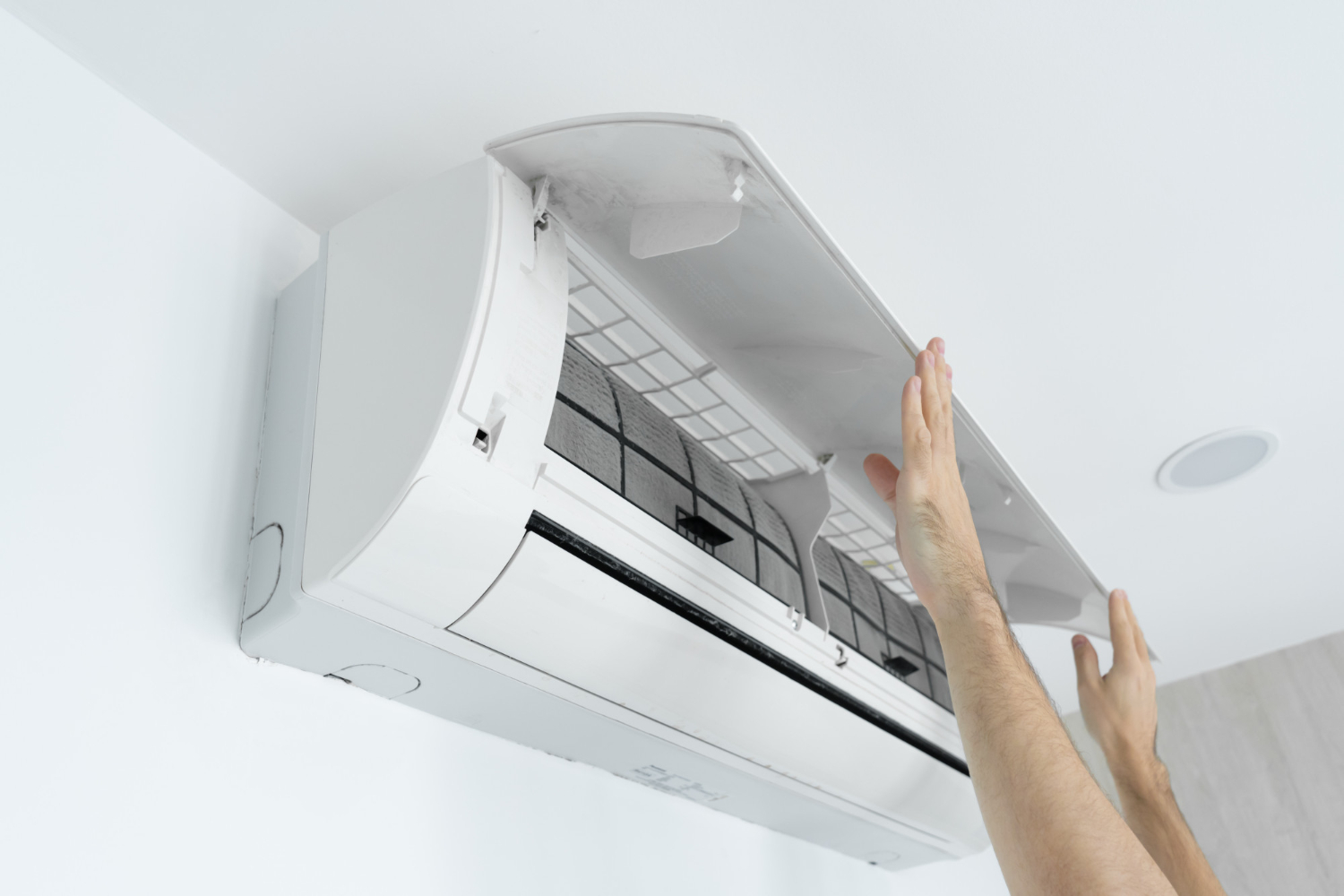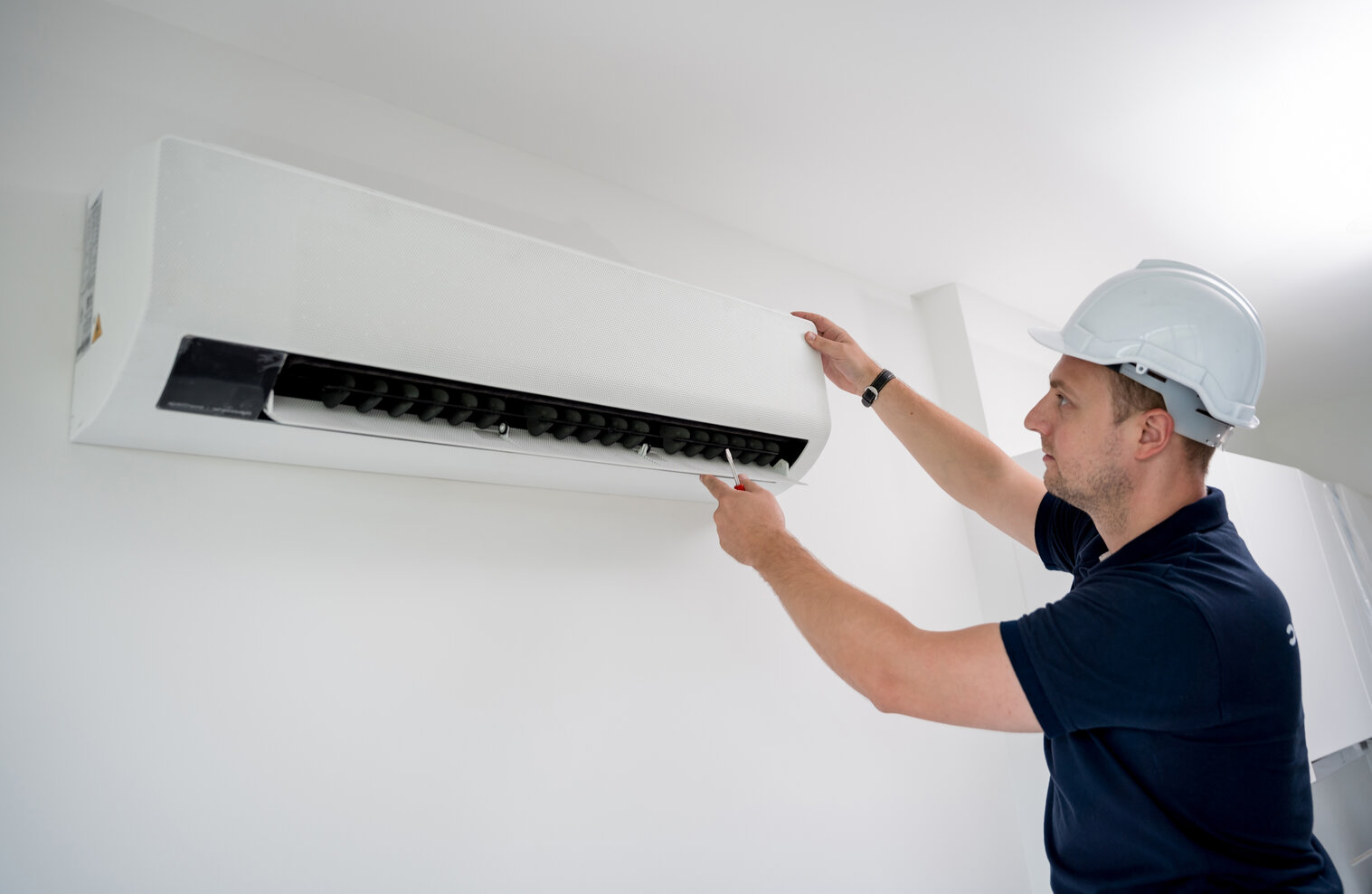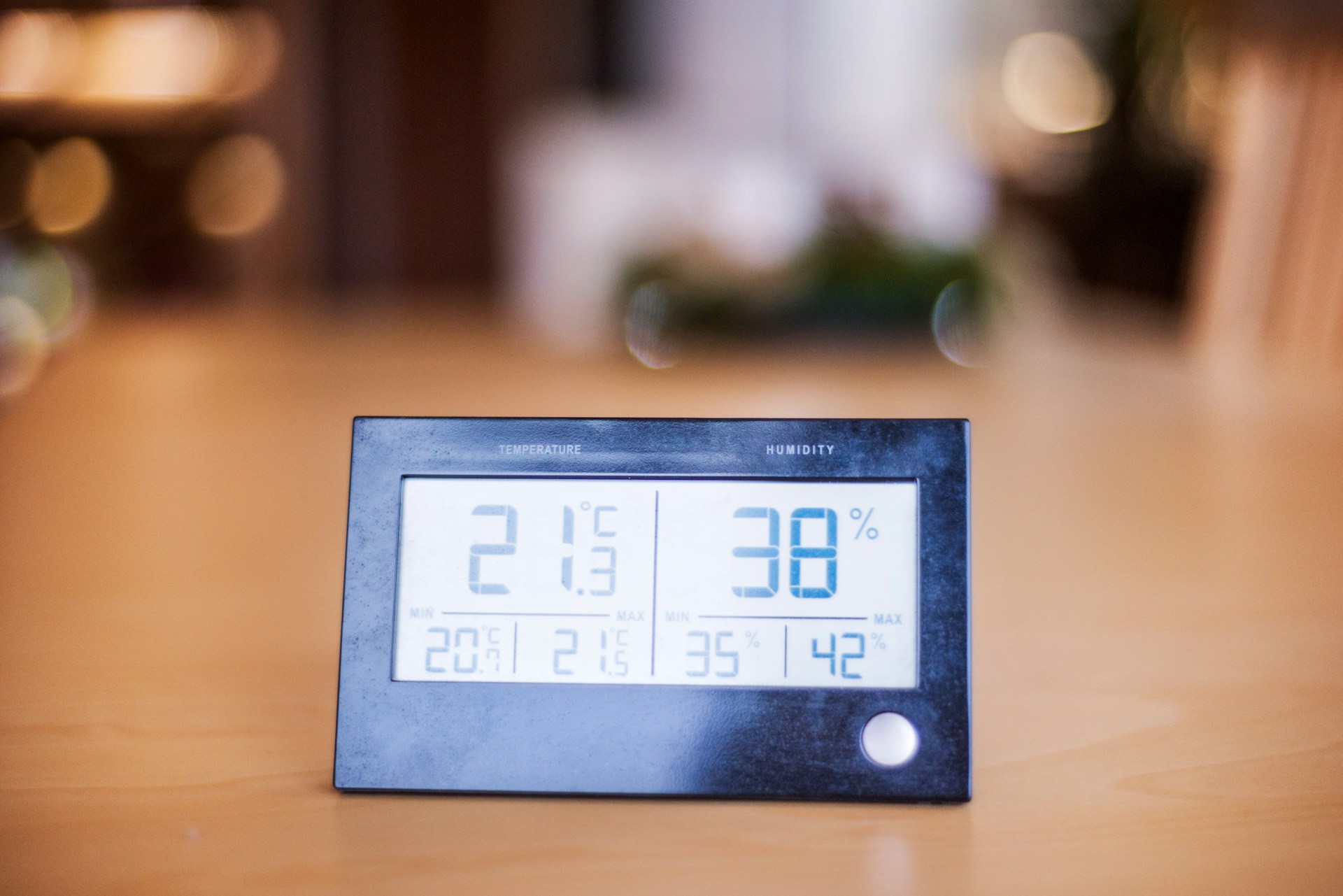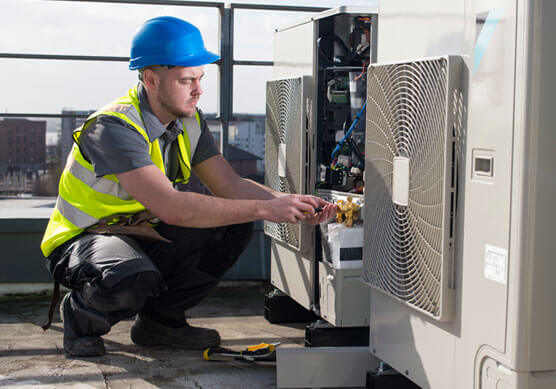Essential HVAC Maintenance Tips for Homeowners
Regular HVAC maintenance is crucial for ensuring the longevity and efficiency of your heating and cooling systems. Homeowners should prioritize routine checks, such as changing air filters, cleaning ducts, and scheduling professional inspections at least once a year.
For example, changing the air filter every 1-3 months can significantly improve air quality and system performance. Additionally, cleaning the condenser coils and ensuring proper airflow around the unit can prevent breakdowns and reduce energy costs, making maintenance a worthwhile investment.
Common HVAC Troubleshooting Techniques
Understanding basic troubleshooting techniques can empower homeowners to address minor HVAC issues before they escalate. Simple steps, like checking the thermostat settings, ensuring power supply, or inspecting the circuit breaker, can often resolve common problems.
For instance, if your air conditioning unit isn’t cooling effectively, verifying that the thermostat is set to the desired temperature and that the system is receiving power can save you from unnecessary service calls. Familiarizing yourself with these techniques can enhance your confidence in managing your HVAC system.
Signs Your HVAC System Needs Repair
Recognizing the signs that your HVAC system requires repair is essential for maintaining comfort in your home. Common indicators include unusual noises, inconsistent temperatures, and increased energy bills, which can signal underlying issues that need professional attention.
For example, if you hear strange sounds like banging or hissing, it could indicate a mechanical failure or a refrigerant leak. Addressing these issues promptly can prevent further damage and costly repairs down the line, ensuring your system operates efficiently.
Benefits of Upgrading Your HVAC System
Upgrading your HVAC system can offer numerous benefits, including improved energy efficiency, enhanced comfort, and lower utility bills. Modern systems use advanced technology to provide better climate control and can significantly reduce energy consumption compared to older models.
For instance, investing in a high-efficiency HVAC unit can lead to energy savings of up to 30%, depending on usage and local climate conditions. Additionally, new systems often come with smart features that allow homeowners to monitor and control their HVAC settings remotely, adding convenience and efficiency to home management.







